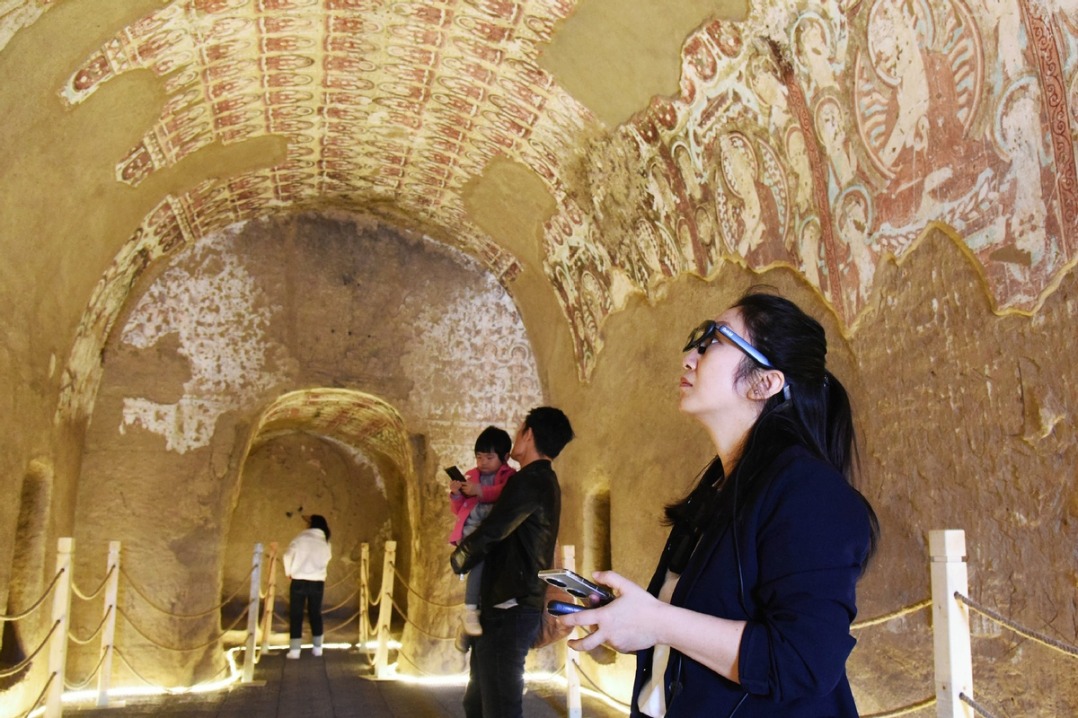China's Origin Wukong quantum computer becomes world's first to fine-tune billion-parameter AI model


A team of scientists and engineers in Hefei, Anhui province, recently used a quantum computer to fine-tune a billion-parameter AI model-marking a world-first achievement in AI and quantum computing integration, according to an announcement from the Anhui Quantum Computing Engineering Research Center on Monday.
Fine-tuning involves training general large models (such as DeepSeek) on domain-specific data to optimize them for specialized applications—ranging from medical diagnosis to financial risk assessment. Traditional methods, like low-rank fine-tuning, often face performance bottlenecks and limited generalization capabilities.
Quantum computing, however, employs superposition and entanglement to explore vast parameter combinations simultaneously, according to Origin Quantum, the Hefei-based company behind this advancement. In other words, it is able to test many possible solutions at once to fine-tune AI models faster and more accurately.
Origin Quantum claimed that experimental results showed an 8.4 percent improvement in training effectiveness with a 76 percent reduction in the number of parameters.
The feat was accomplished using Origin Wukong, China's third-generation domestically developed superconducting quantum computer. The project was a collaboration between Origin Quantum, the Institute of Artificial Intelligence of the Hefei Comprehensive National Science Center and other partner institutions.
This breakthrough demonstrates quantum computing's feasibility for achieving lightweight large models (LLMs) and opens pathways to alleviate concerns over the "computing power anxiety" associated with large models, the company said.
Efficiently training and running large-scale AI models requires massive computing resources. As AI models grow in complexity and size, they need more computing power, memory and processing capabilities to function effectively.
"Our method is like equipping a classical large model with a 'quantum engine', enabling them to work together," said Dou Menghan, vice-president of Origin Quantum.
His team harnessed quantum computing to achieve intelligent fine-tuning, converting model weights into a hybrid of quantum neural networks and classical tensor networks.
Chen Zhaoyun, an associate research fellow at the Institute of Artificial Intelligence, said the breakthrough marks the first real-world large model task on quantum computing, demonstrating that existing hardware can preliminarily support large model fine-tuning.
Origin Wukong is powered by the Wukong chip, making it China's most advanced programmable and deliverable superconducting quantum computer. It can process hundreds of parallel quantum tasks for any given data set.
The Wukong chip comprises 72 computational qubits and 126 coupler qubits. Its name comes from the mythical Chinese character Sun Wukong, aka the Monkey King, who could assume 72 different forms. In this context, the name symbolizes the power and versatility of quantum computing.
A qubit (quantum bit) is the fundamental unit of quantum information, functioning similarly to a classical binary bit but capable of existing in multiple states simultaneously.
Since its launch last year, Origin Wukong has completed approximately 350,000 quantum computing tasks for users from 139 countries, covering diverse industries such as fluid dynamics, finance and biomedicine, according to Origin Quantum.
These tasks include the world's largest-scale quantum computing fluid dynamics simulation and integrating with the financial quantum cloud experimental platform to explore more efficient problem-solving solutions in the financial domain.
- China's Origin Wukong quantum computer becomes world's first to fine-tune billion-parameter AI model
- China unveils new radio telescope in Antarctica
- Coffee craze hits China's smaller cities via budget-friendly brews
- China boosts medical aid for maternal, child health overseas
- Qingming holiday sees increase in travel by foreigners and Chinese
- Qingming holiday sees tourism boom





































